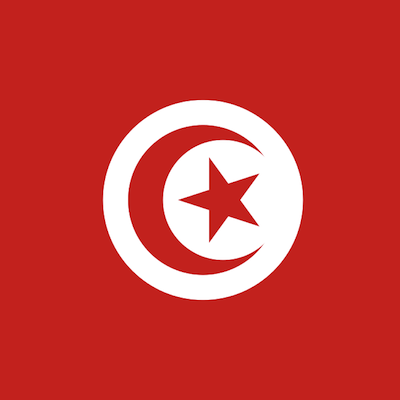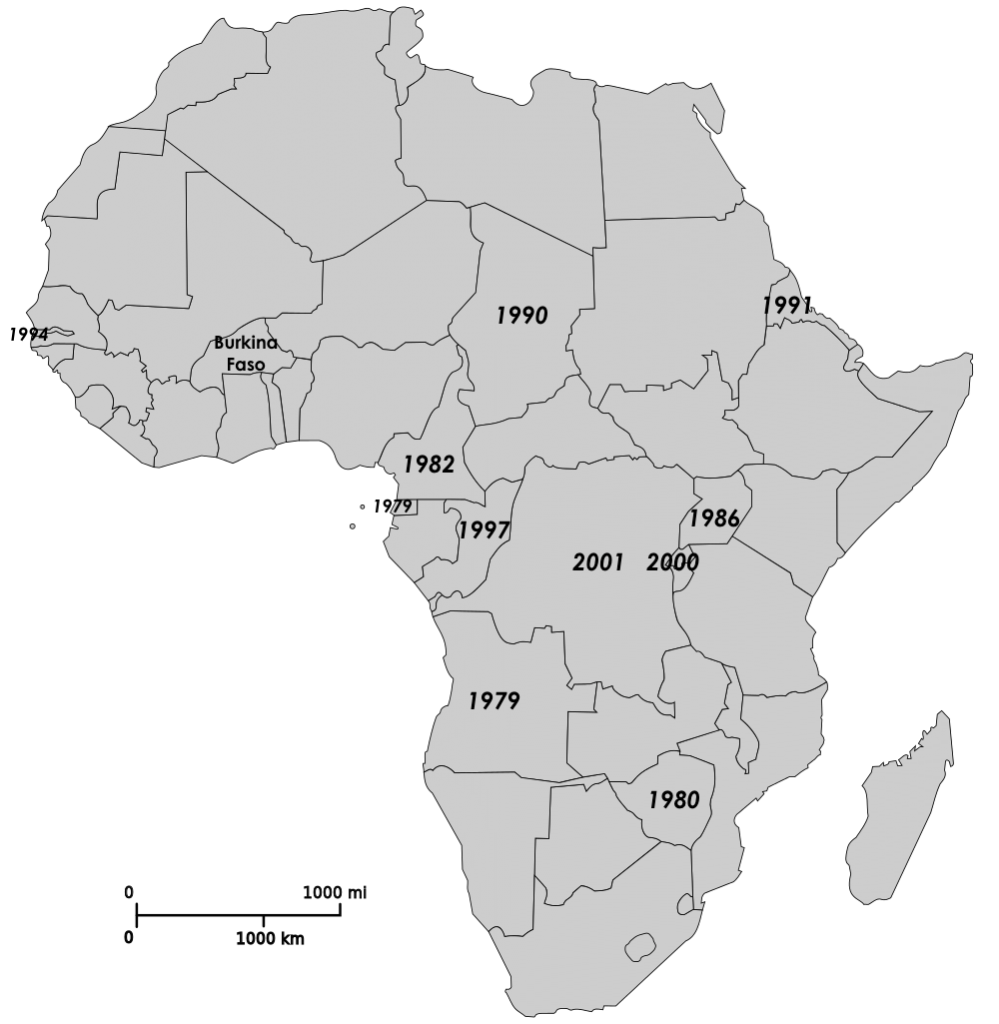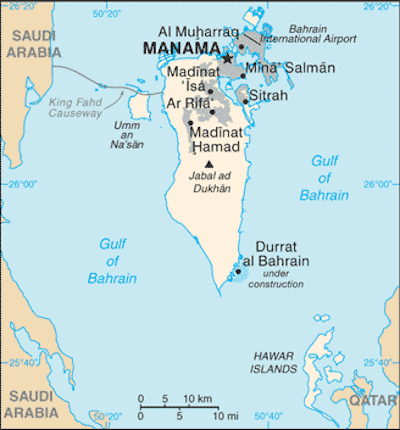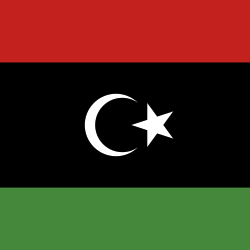Qantara.de, a Germany-based publication promoting Western-Islamic dialogue, yesterday published an interview by Daniel Bax and Tsafrir Cohen (translated by Katy Derbyshire) with Rachid Ghannouchi, the leader of Tunisia’s mainstream Islamist party, Ennahda. That party, which initially led the country’s transition government after the December 2010 revolution, recently lost the first regular legislative and parliamentary elections, and it is now the largest opposition party in the Assembly.
Below are some excerpts from the interview that I found particularly interesting.
On the new constitution (background) and on Islamic democrats:
…we’re very proud of this constitution. We not only supported it; we also helped develop it. I don’t regard it as a secular constitution, but as one that unites Islam, democracy and modernity. We don’t see any conflict between moderate secularism and moderate Islam. There are Christian democratic parties in many European countries, such as Germany; elsewhere, there are democratic parties with Buddhist or Hindu backgrounds. Why should there not be Islamic democratic parties?
On the right to non-belief and secularism in an Islamic society:
…Islam guarantees freedom of religion and conscience, and that this applies in both directions: for adopting and rejecting the faith.
On the internal diversity and divisions of Islam (background):
There have always been different schools of thought throughout the history of Islam. But for 14 centuries of Islamic history, Islamic societies have always been pluralist and accepted people who followed other religions or none at all, and guaranteed this freedom and diversity. This acceptance of diversity is not something we had to import from the West either. When we look at Western countries, acceptance of diversity only evolved there after the Renaissance. Before that, there were religious wars that lasted for decades.
On universal rights:
Q: The French Revolution is regarded as the birth of enlightenment, democracy and human rights. What’s your position on these values?
Ghannouchi: The Tunisian constitution is founded on two pillars: the principles of Islam and the principles of modern society and human rights, which are a product of the Enlightenment. The Universal Declaration of Human Rights [in 1948] was drawn up by people of many different cultural origins.
Q: There is also an “Islamic Declaration of Human Rights”, which was drawn up in 1990 by several Muslim states and which deviates from the Universal Declaration of Human Rights in a number of points, for instance on equal rights for women and men or rights for minorities. What do you think of it?
Ghannouchi: It represents an attempt to combine the principles of Islam with the Universal Declaration of Human Rights. But for me, there’s no contradiction between human rights and Islamic values. We accept that in our constitution, and that’s also part of the foundations of my thinking.
He also addressed the country’s severe terrorism recruitment problem, but he mainly attributed that to the decades of misery under repressive rule, which only began to end four years ago.







 The recent disorder in the capital centers on the airport (and which militia will control it), but the clash there is part of a wider struggle for power across the country.
The recent disorder in the capital centers on the airport (and which militia will control it), but the clash there is part of a wider struggle for power across the country.